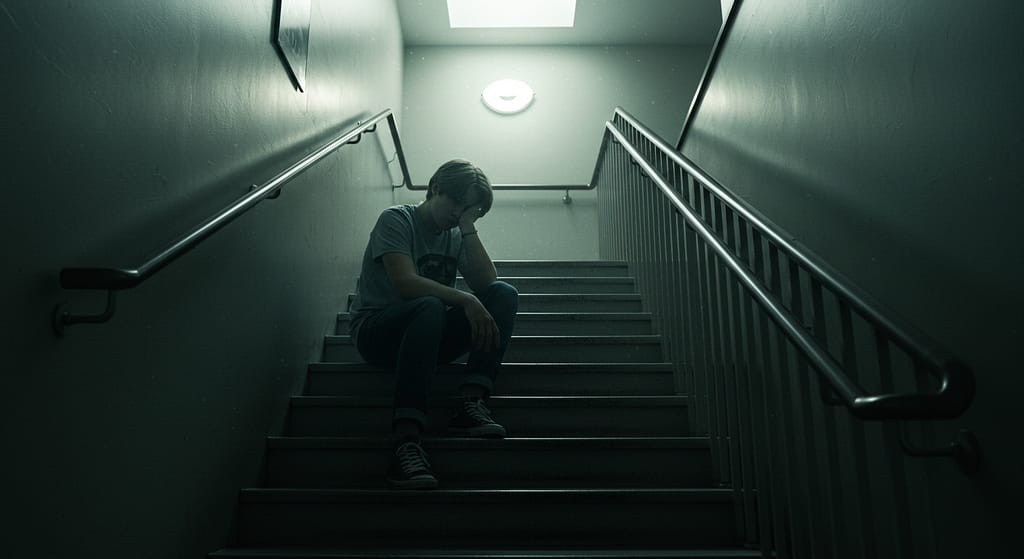
In seeking treatment for depression, some people—teens included—realize that they’ve reached a state of no change. Things aren’t getting worse, but they’re not improving either. This frustrating situation is known as a depression plateau. So, how can you avoid it? And if your teen is stuck there now, how can you help them break through?
The first step is understanding that not every therapy session leads to an emotional breakthrough. Sometimes it takes multiple sessions just to get to a place of understanding, let alone healing. Therapy is a process, and progress isn’t always linear.
That said, there are ways to help your teen keep climbing that mountain of recovery.
Put Therapy Into Practice
Therapists offer tools and coping strategies to help manage thoughts and emotions. These tools are only effective when practiced outside of sessions. It may sound obvious, but many teens forget to apply them in daily life. Encourage your child to write down the suggestions they receive and revisit them regularly—especially during tough moments.
Depression tends to dull motivation, so it’s important to create reminders and routines that help your teen recall and use what they’ve learned in therapy.
Support and Social Connection Matter
Let’s be honest—we live in a digital age full of Zoom classes, virtual meetings, and overwhelming screen time. Teens may feel even more disconnected, especially if they’re introverted or socially anxious. While texting is helpful, it doesn’t always meet the emotional need for real human connection. Encourage your teen to have short voice or video calls with friends, even if it’s just for a few minutes. A familiar face or voice can go a long way in relieving isolation and sadness.
Don’t Give Up When It Feels Pointless
One of the hardest parts about depression is the desire to quit—especially when it feels like nothing is changing. But stopping therapy in the middle of a plateau can halt any future progress. Instead, your teen should be encouraged to open up to their therapist about how they’re feeling. That conversation might just lead to a deeper, more focused approach in treatment.
In some cases, if this stagnation lasts a long time, it may be time to consider changing therapists. This isn’t a failure—it’s simply a matter of fit. Not every therapist is right for every person, and sometimes a fresh perspective can spark the change that’s needed.
Keep Hope Alive, One Step at a Time
Healing from depression doesn’t always come with fireworks or “aha” moments. Sometimes it’s about small, slow victories: getting out of bed, completing schoolwork, or making that one phone call. These things may seem minor, but they’re major milestones in recovery.
The most important thing to remind your teen is this: A plateau is not a dead end. It’s a pause. Progress can resume, especially when they continue showing up, talking through it, and using the skills they’ve been given.
They’re not stuck forever—and neither are you.

